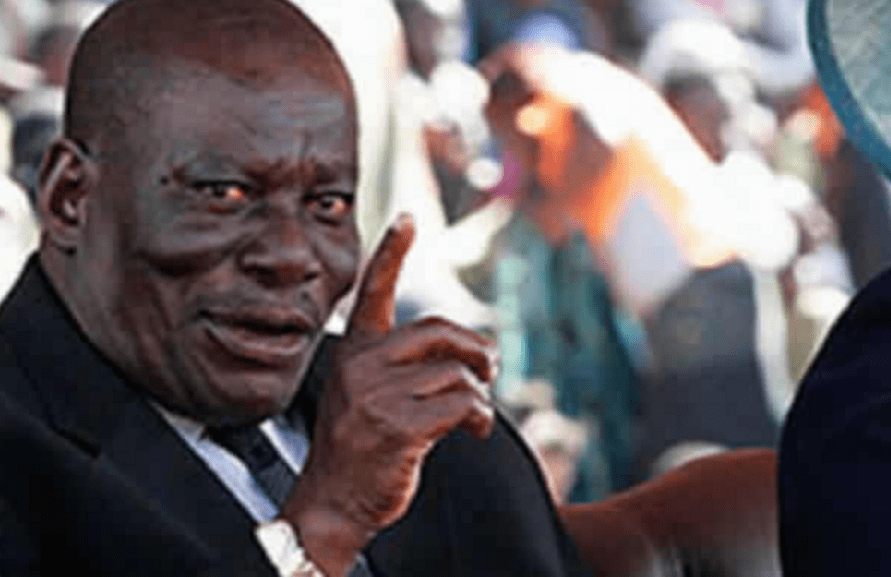Zimbabwe is said to be shunning local forensic experts for foreign ones which costs the country substantial sums of money, amid laws that are said to be not so forensic expert friendly.
University of Zimbabwe medical school lecturer Maxwell Hove disclosed to delegates at a Coroner’s Office Bill consultation workshop in Bulawayo recently that Zimbabwe has been relying on expatriates for forensic expertise.
He says this comes at a time the country’s laws are not friendly to pathologists.
The fear of being grilled in court has been cited as the main reason Zimbabwe is relying on foreign forensic experts. The only few pathologists are said to be Cubans and this is said to have increased pauper burials.
But others feel otherwise, as it is believed that the ruling party at some instances wants to hide how some people would have died.
Forensic practices have been a dangerous act in Zimbabwe just like the trade of journalism is a mined field in the country, some others believe.
Recently , there has been widely disputed results of autopsy of the late army general Solomon Mujuru, husband to former Zimbabwe vice-president and leader of opposition National People’s Party (NPP) Joyce Mujuru.
Tangai Takaruza head of Protocol Transform Zimbabwe party says the laws are deliberately exclusionist, “It seems there are disguised and directed at manipulating pathological results especially that of politically motivated crimes,” says Takaruza.
Currently under the available legislation, doctors can only go as far as establishing the cause of deaths but cannot investigate the finer details of deaths and crimes. Doctors have highlighted their interest in tackling forensic pathology but the legal frame work is still not in place to protect them.
A few years back, the lack of laboratories that specialized was used as an excuse to engage foreign until Harare got one AiBEST DNA center at Wilkins Hospital.
The AiBST DNA testing laboratory center helped to identify more than 20 victims of the Chisumbanje inferno where people were burnt beyond recognition after a truck they were travelling in collided head-on with a green fuel tanker carrying ethanol.
People have been consulting the center for paternity tests for both personal and for legal settlements, identification of victims from disasters and accidents and missing relatives, as well as for tests to convict or exonerate suspects of criminal acts, like rape, murder and robbery.
Established in 2007, it works in partnership with the City of Harare (CoH) Health Services Department in testing new medicines entering its health centers and determining whether or not they will have unwanted side effects for patients.













